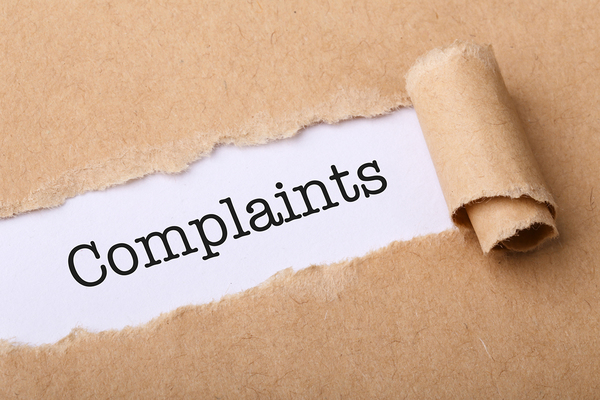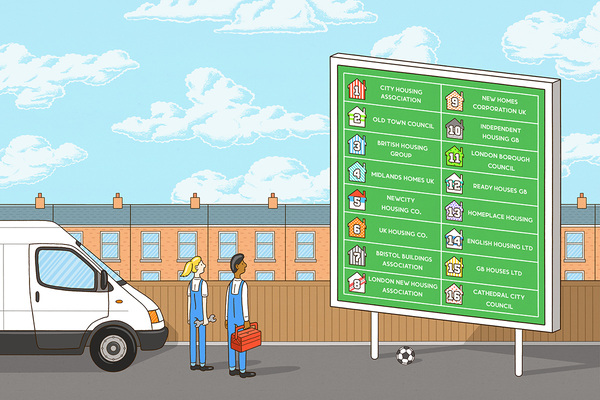You are viewing 1 of your 1 free articles
Housing Ombudsman publishes landlord performance data for first time
Data showing how individual social landlords are performing on complaints has been published by the Housing Ombudsman for the first time today.
Performance reports for 2019/20 have been released on the ombudsman’s website for all members of the scheme, showing the categories of complaints received, decision outcomes, the types of order issued and timeliness in complying with the orders.
The dispute resolution service said the move will help landlords to improve their services and provide tenants with more insight.
There is no accompanying league table or ranking system, but the reports include comparisons with the average performance of similar landlords by type and size.
It comes after Inside Housing published in October a ground-breaking ‘index’ showing which social landlords are found at fault by the Housing Ombudsman most often relative to their stock size.
Housing ombudsman Richard Blakeway said: “Publishing these reports is a big step forward for us in being more open and transparent about our work and its impact.
“Complaints data offers a rich source of learning to support landlord service improvement.
“We hope that both residents and landlords will find them useful and I would encourage landlords to review their annual report at a senior level to support a positive complaint handling culture across their organisation.”
As well as the landlord reports, the ombudsman has published geographical analysis of its determinations in 2019/20.
London represents the highest number of complaints brought to the ombudsman for formal investigation, the analysis shows, while the North East accounts for the least.
Hammersmith and Fulham had the highest number of determinations per 10,000 social rent homes with 20.45, followed by Kensington and Chelsea and Brent.
The ombudsman has been undertaking a drive towards greater openness and transparency this year, publishing new quarterly insight reports and additional reports on thematic issues affecting its work in the sector.
From next year the ombudsman will start publishing all of its decisions, naming the landlord involved.
In March, ministers approved tougher new powers for the ombudsman, including the ability to issue “complaint-handling failure orders”.
An update to the service’s memorandum of understanding with the Regulator of Social Housing agreed in September will also see it refer more cases where it believes systemic failures may be at play.
Sign up for our daily newsletter
Already have an account? Click here to manage your newsletters














